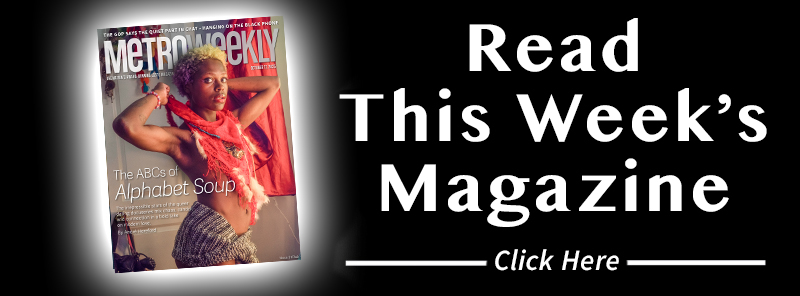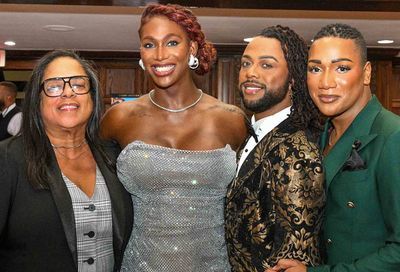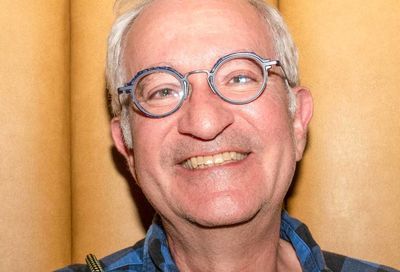Not Ready for a Close-Up
Supreme Court blocks broadcast of Proposition 8 trial
The U.S. Supreme Court put an end late this afternoon to any question over whether the Proposition 8 federal court trial – already three days under way – would be broadcast to other courtrooms across the country, let alone to the general public more widely via YouTube. The answer, in an unsigned opinion representing only the slimmest majority of the Court, was ”No.”
In the 5-4 ruling, the Court kept in place the broadcast prohibition it had begun on Monday in a ruling that is almost certain to last beyond the conclusion of the Perry v. Schwarzenegger trial in San Francisco. In doing so, it also took a swipe at the judge overseeing the trial, holding that he ”attempted to revise [the court] rules in haste” to allow the broadcast and ”ignore[d]” federal law in doing so.
The Court found that U.S. District Judge Vaughn Walker had likely ”failed to give appropriate public notice and an opportunity for comment” about the rule allowing the broadcast. The Court also held that the proponents of Proposition 8 who have joined the lawsuit to defend the ballot measure at trial showed ”the threat of harm they face if the trial is broadcast.” The Court specifically noted ”incidents of past harassment” to supporters of Proposition 8 that the measure’s proponents had submitted to the Court.
The four members of the Court generally seen as the more liberal members dissented, led by Justice Stephen Breyer. His opinion was at times incredulous at the holding by the majority, noting at one point, ”As I said, the court received 138,574 comments during that time. How much more ‘opportunity for comment’ does the Court believe necessary …?”
Writing that the proposed witnesses of the Proposition 8 proponents ”are already publicly identified with their cause,” Breyer also dismissed the majority’s concerns about the alleged threat of harassment.
The organization behind the Perry lawsuit, the American Foundation for Equal Rights, took today’s ruling in stride. Referencing the testimony presented at trial today about previous anti-LGBT statements of Proposition 8 proponents, AFER Board President Chad Griffin said in a statement, ”Given the powerful evidence against Prop. 8 presented in court today, we are not surprised the initiative’s defenders sought to keep this trial as private as possible.”
Courage Campaign Chair Rick Jacobs, whose group had organized a successful online petition drive supporting the broadcast of the trial, said this evening that he found it ”remarkable that Justice Breyer noted how many people had how quickly stated that they want to see this trial.” Expressing his disappointment that the Supreme Court had rejected the views of both the trial court and appellate Judge Alex Kozinski, though, Jacobs added, ”Judge Walker and the Ninth Circuit are literally much closer to the decision . . . than the Justices in Washington.”
Support Metro Weekly’s Journalism
These are challenging times for news organizations. And yet it’s crucial we stay active and provide vital resources and information to both our local readers and the world. So won’t you please take a moment and consider supporting Metro Weekly with a membership? For as little as $5 a month, you can help ensure Metro Weekly magazine and MetroWeekly.com remain free, viable resources as we provide the best, most diverse, culturally-resonant LGBTQ coverage in both the D.C. region and around the world. Memberships come with exclusive perks and discounts, your own personal digital delivery of each week’s magazine (and an archive), access to our Member's Lounge when it launches this fall, and exclusive members-only items like Metro Weekly Membership Mugs and Tote Bags! Check out all our membership levels here and please join us today!
























